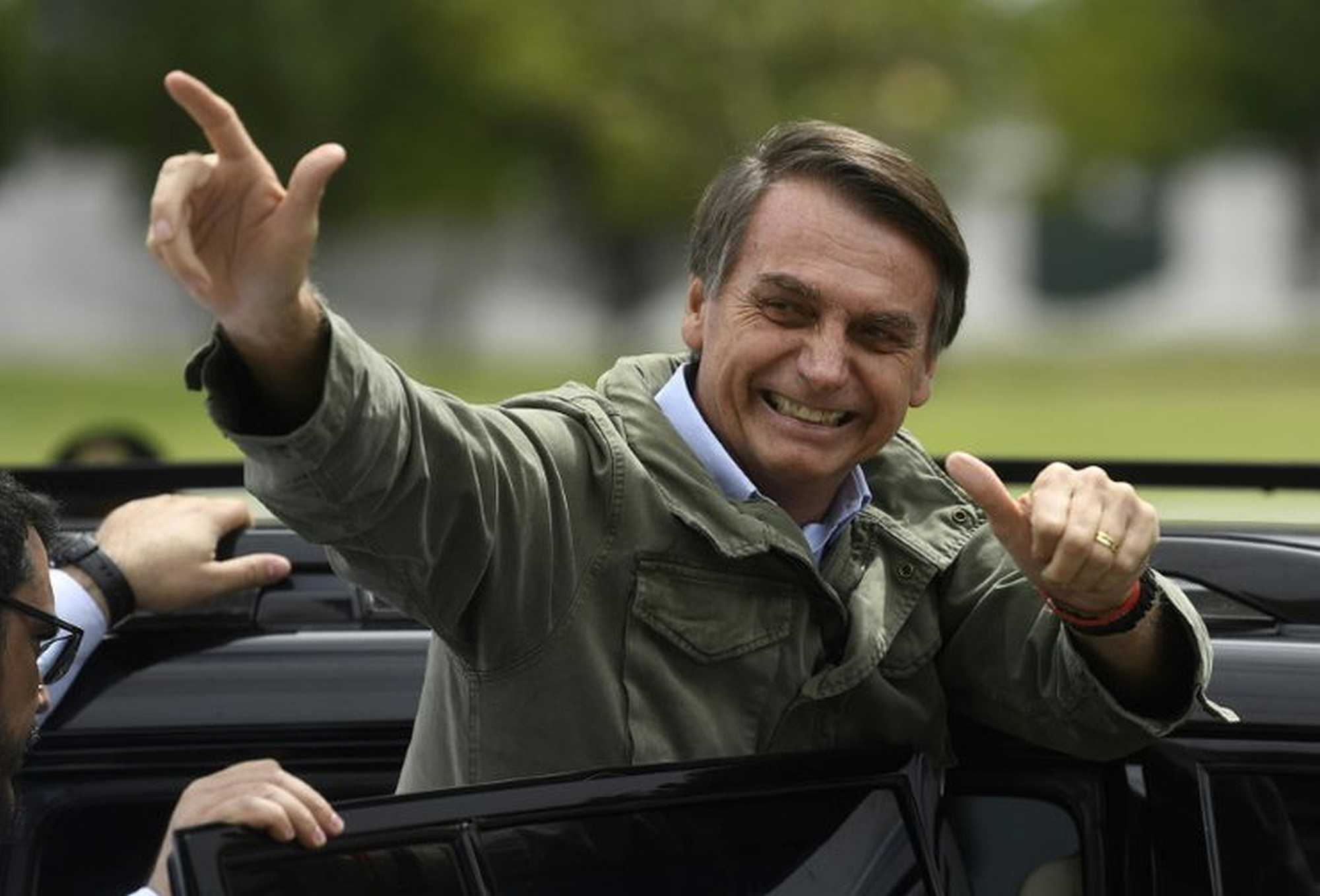Brazilian President Jair Bolsonaro seeks to encompass Bolsa Família (Family Fund), the most successful social program of the Luiz Inácio Lula da Silva administration and one that Bolsonaro criticized until the day he took office.
“I would like it if the majority of the Brazilian population had the capacity […] to choose A, B or C without using their stomachs. […] The Federal Government gives 12 million families around 500 reais per month through Bolsa Família and comes out ahead with 30 million votes.”
This is what then Congressman Jair Messias Bolsonaro said in August 2010, when Dilma Rousseff and José Serra were competing for the presidency. That same year, Bolsonaro reiterated that Bolsa Família turned people into “ignorant” voters of the Workers’ Party, better known in Brazil by its Portuguese acronym PT and which has Lula as its main founder.
In 2011, he called Bolsa Família welfarism and described it as an “obstacle to choosing a good president”.
Let’s move forward to 2020. Bolsonaro announced that he would extend the federal COVID-19 emergency aid, which benefits low-income families and informal workers, through the end of the year.
In late September, he also announced that the emergency aid would continue as the newly unveiled Renda Cidadã, Portuguese for “citizen income”, a social program that seeks to replace Lula’s Bolsa Família.
What has changed?
Bolsonaro had a taste of popularity in 2020 after the pandemic took hold. In September, a month after announcing the extension of the emergency aid, Bolsonaro’s government approval surged to a record 40% from 29% in December, according to a CNI/IBOPE survey.
In August 2017, when Bolsonaro was a pre-candidate for the 2018 election, he once again stated he would not use welfarism to rise to power. “If you want to run for president, you have to say you are going to expand Bolsa Família. So, go and vote for another candidate. I will not stoop to using demagogy and pleasing whoever it is to get a vote,” he promised.
Yet, he came up with Renda Cidadã, going against what he preached for years as a congressman. Bolsonaro tapped into Lula’s strategy, who expanded and created countless social projects for the country’s most vulnerable populations during his presidency in the early 2000s.
Bolsonaro has learned the fallacies in the proverb that says to teach a man how to fish rather to give him the fish. The president is beginning to understand that a man cannot fish on an empty stomach.
Some critics contend that the emergency aid and Bolsonaro’s welfare policies account for only 8% of the rise in government approval, but the mainstream media strongly agrees that the president’s new facet looks like re-election maneuvering.
The president needed eight tweets in a row to explain himself. Asserting he is not concerned with re-election and denying he does anything “thinking about 2022”, Bolsonaro said he simply wants to anticipate the social issues bound to arise in 2021 as a consequence of the pandemic.
Following in the footsteps of Lula may give him the re-election he so desires. Or it may result in massive karma in the form of an impeachment process, given that one of the jurists behind the impeachment of Rousseff has accused Renda Cidadã of fiscal pedaling, the same charge that stripped her of the country’s presidency.
Robert Born is a freelance journalist, with masters in War and Conflict. Follow him @robertborn
This article appeared originally in Open Democracy -`https://www.opendemocracy.net/






